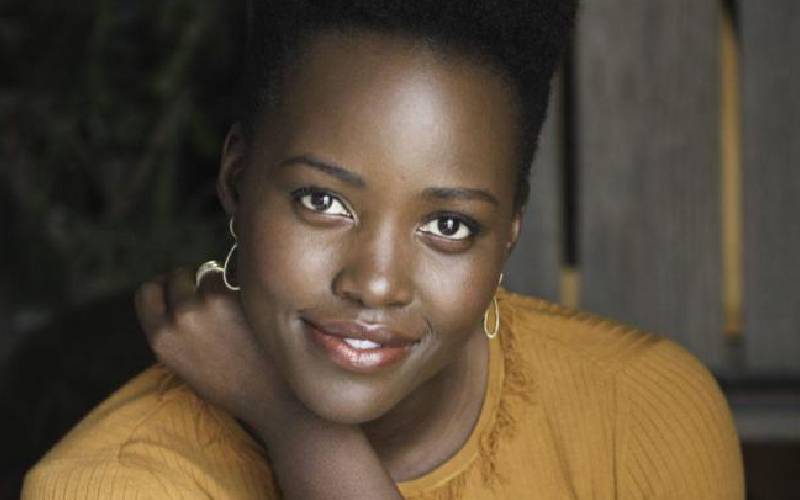×
The Standard e-Paper
Stay Informed, Even Offline

Watching internationally celebrated actress Lupita Nyongo (pictured) move gracefully on the red carpet, answering interview questions with meticulous English and insightful wit, her dark brown skin glistening in the flashing lights, you would be convinced that no one would dare refer to her as anything other than beautiful.